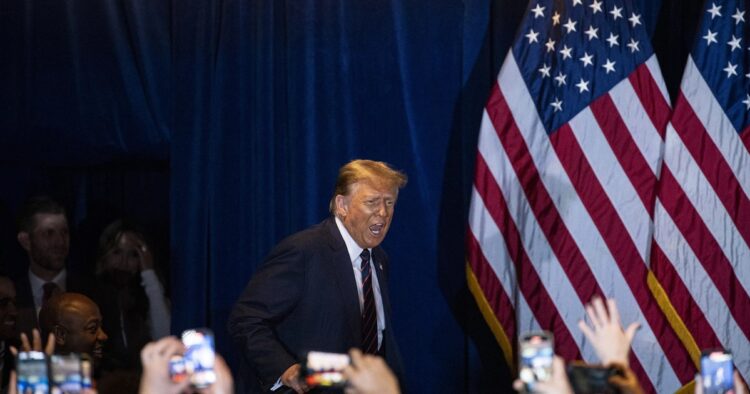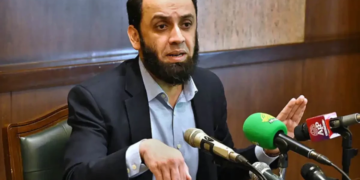The U.S. Supreme Court justices are examining Donald Trump’s argument for immunity from prosecution in cases related to his attempts to overturn the 2020 election results. Trump’s appeal comes after lower courts rejected his request to be shielded from four election-related criminal charges, arguing that he was acting as president when the alleged actions occurred.
Trump’s lawyer, D. John Sauer, argued before the justices, stressing that presidential immunity from criminal prosecution is crucial for the functioning of the presidency.
Sauer highlighted the absence of any precedent for prosecuting a former president for official acts, spanning 234 years of American history.
Supreme Court justices raised pertinent questions. Justice Clarence Thomas sought clarification on the source of presidential immunity, while Chief Justice John Roberts presented a hypothetical scenario involving a president accepting a bribe.
Justice Sonia Sotomayor inquired about immunity in extreme cases like ordering an assassination.
Trump, who faces criminal charges in multiple cases, including those related to the 2020 election and hush money payments, pleaded not guilty. Outside the Supreme Court, Trump reiterated the necessity of presidential immunity, stating that without it, presidents would be hesitant to act decisively.
The Supreme Court, with a conservative majority of 6-3, including three justices appointed by Trump, holds significant sway over the outcome. The court previously ruled in Trump’s favor regarding his eligibility for the ballot in Colorado, indicating its pivotal role in presidential matters.
Legal proceedings surrounding Trump’s immunity claim have been expedited, given the impending election.
Despite previous rejections by lower courts, Trump’s case has reached the Supreme Court. A ruling is anticipated before June, potentially impacting the timing of Trump’s trial.
The outcome of the Supreme Court’s decision holds implications not only for Trump’s legal battles but also for the broader political landscape.
Trump’s efforts to challenge the 2020 election outcome and the subsequent legal scrutiny have drawn attention to the delicate balance between presidential power and accountability.
Depending on the court’s ruling and the outcome of the 2024 election, Trump’s legal predicament could take various turns. If he regains the presidency, he might seek to halt the prosecution or issue pardons for federal crimes.
However, ongoing state-level charges in Georgia and federal charges in Florida could prolong his legal battles regardless of the election outcome.
The Supreme Court’s deliberations on Trump’s claim of immunity from prosecution mark a critical juncture in the intersection of law and politics, with far-reaching implications for the former president’s legal challenges and the broader understanding of presidential accountability.

















Comments